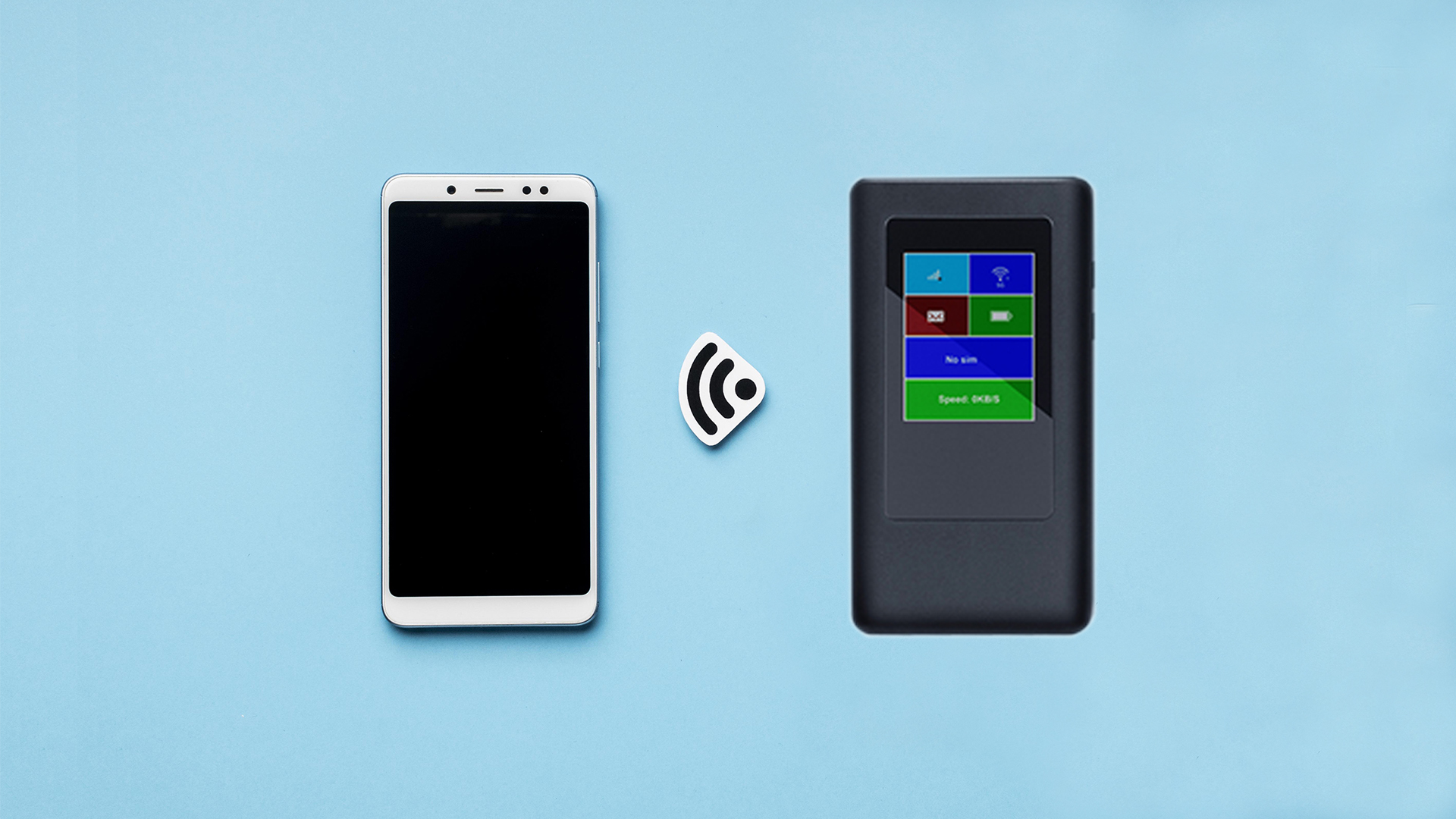There are several reasons for the growing popularity of mobile hotspots, including the surge of remote work and the growing necessity for internet connectivity in daily life. Dependable internet access has become more crucial because remote work becoming more prevalent. Mobile hotspots offer a solution for those who need to stay connected to the internet while working from a coffee shop, park, or other location outside of their home or office.
In addition to remote work, mobile hotspots have become popular among travelers who need internet access while on the go. Whether you're traveling for business or leisure, having access to the internet can help you stay connected with friends and family, access important information, and stay productive while on the road.
Mobile hotspots are also popular among students who need internet access while on campus or while studying at home. With the increasing use of digital textbooks and online resources, having reliable internet access is essential for academic success.
Another factor contributing to the popularity of mobile hotspots is the increasing use of mobile devices such as smartphones and tablets. While these devices offer a convenient way to access the internet, they often rely on Wi-Fi connectivity, which may not be available in all locations. Mobile hotspots offer a solution by allowing you to create your own Wi-Fi network wherever you go, so you can stay connected to the internet on your mobile devices.
Overall, the increasing popularity of mobile hotspots reflects the growing importance of internet connectivity in our daily lives. Whether you're working remotely, traveling, studying, or simply browsing the internet, mobile hotspots offer a convenient and reliable solution for staying connected to the internet wherever you go. After reading this blog post, you will learn how mobile hotspots work and how they can benefit users.

What Is a Mobile Hotspot?
The design of mobile hotspots prioritizes portability and user-friendliness. They are usually small so that it's easy to be carried in a pocket or bag. This makes them ideal for people who need internet access while on the go, such as business travelers, students, or anyone who needs to stay connected to the internet while away from home or the office.
The way mobile hotspots work is by creating a Wi-Fi network that devices can connect to. This network is similar to the Wi-Fi network in your home or office, and it allows devices to access the internet wirelessly. When you turn on a mobile hotspot, it creates a Wi-Fi network that you can connect to with your smartphone, tablet, laptop, or any other device that has Wi-Fi capabilities.
Mobile hotspots are typically powered by a battery, which allows them to be used on the go without the need for a power outlet. This means that you can take your mobile hotspot with you wherever you go and use it to access the internet even in areas where there is no access to a power outlet.
To activate a mobile hotspot, you need a SIM card, which is similar to the card used in mobile phones. The SIM card provides the hotspot with a data plan, allowing it to connect to the internet and provide internet access to devices that connect to its Wi-Fi network. Data plans for mobile hotspots can vary depending on your needs and the provider you choose, but they typically come with a set amount of data per month.

How Do Mobile Hotspots Work?
Mobile hotspots work by using cellular networks to connect to the internet. When a device connects to a mobile hotspot, it sends data to the hotspot, which then sends the data to the cellular network. The cellular network then sends the data to the internet. This process is known as data routing.
Mobile hotspots can connect to cellular networks in several ways, including 3G, 4G, and 5G. These cellular networks use different frequencies and technologies to transmit data. 3G networks are slower than 4G and 5G networks, but they are still widely used in many parts of the world. 4G networks are faster than 3G networks and are widely available in many countries. 5G networks are the newest cellular network technology and offer even faster speeds than 4G.
Benefits Of Using a Mobile Hotspot
There are several benefits to using a mobile hotspot, including:
Convenience: Mobile hotspots are portable and easy to use, making them a convenient solution for those who need internet access on the go.
Security: Mobile hotspots can be more secure than public Wi-Fi networks, which are often unencrypted and can be accessed by anyone in the vicinity. With a mobile hotspot, you can create your own secure Wi-Fi network that only you and those you give access to can connect to.
Cost-Effective: Mobile hotspots can be a cost-effective solution for those who only need internet access occasionally. Instead of paying for a monthly home internet plan, you can purchase a data plan for your mobile hotspot only when you need it.
Flexibility: With mobile hotspots, you have the ability to connect multiple devices to the internet simultaneously, which makes them a versatile option for individuals who require internet access for several devices.
Accessibility: Mobile hotspots can provide internet access in areas where traditional internet service providers may not be available, such as remote areas or while traveling.
Conclusion
To sum up, mobile hotspots provide a flexible and convenient way for people who require internet access while on the move. These devices operate by connecting to cellular networks and establishing a Wi-Fi network that allows devices to connect. Mobile hotspots offer several benefits, including convenience, security, cost-effectiveness, flexibility, and accessibility. If you're someone who needs internet access on the go, a mobile hotspot may be the perfect solution for you.


 French
French German
German Arabic
Arabic Italian
Italian Spanish
Spanish Japanese
Japanese Persian
Persian Korean
Korean Chinese (Simplified)
Chinese (Simplified)









